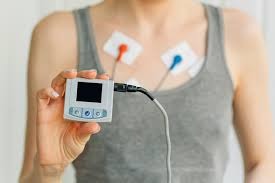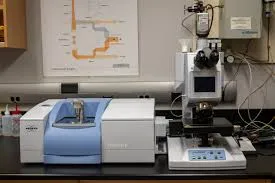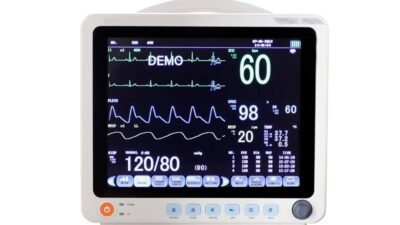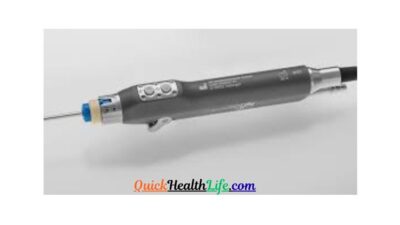An event recorder is a medical or technical device designed to record specific events over time. In cardiology, it plays a critical role in diagnosing heart rhythm problems that may not appear during short monitoring sessions. Unlike continuous recorders, it captures data when an irregularity is suspected, making it highly efficient.
Event Recorder vs Holter Monitor
Both devices serve similar purposes but differ in functionality:
| Feature | Event Recorder | Holter Monitor |
|---|---|---|
| Monitoring Duration | Weeks to months | 24–48 hours |
| Data Capture | Patient-activated or automatic | Continuous |
| Use Case | Intermittent symptoms | Frequent daily symptoms |
| Comfort | Smaller, longer use | Short-term wear |
👉 If you experience irregular heartbeats only occasionally, an event recorder is more effective than a Holter monitor.
Table of Contents
Event Recorder ECG
An event recorder ECG allows doctors to capture and analyze irregular heartbeats in real-time. Unlike standard ECGs, which record only a few seconds, event recorders track heart activity over weeks or months.
- Detects arrhythmias
- Identifies fainting causes
- Helps prevent misdiagnosis
Implantable Event Recorder
An implantable event recorder (IER) is placed under the skin to monitor heart rhythms for up to 3 years.
Benefits:
- Long-term monitoring
- Minimal discomfort
- Continuous data storage
Risks:
- Minor infection risk
- Slight scarring at implant site
Loop Event Recorder
A loop event recorder constantly records and overwrites data, saving segments when triggered. It’s often used for patients with unexplained syncope (fainting) or suspected arrhythmia.
Patient-Activated Event Recorder
This device requires the patient to press a button when they feel symptoms. It records the electrical activity before, during, and after the event.
Example use: A patient experiencing occasional palpitations presses the button to capture heart activity during the episode.
Cardiac Event Recorder
The cardiac event recorder is the umbrella term for devices designed to diagnose heart rhythm issues like atrial fibrillation, tachycardia, and unexplained fainting.
Event Recorder CPT Code
Doctors and hospitals use CPT codes for billing and insurance purposes. For event recorders, common CPT codes include:
- 93268 – Patient-activated, up to 30 days
- 93270–93272 – Continuous external monitoring codes
5-Day Event Recorder
Some patients are prescribed a 5-day event recorder as a midway option between a Holter monitor and a long-term implant. It’s best suited for patients with weekly irregular heart activity.
Lytx DriveCam Event Recorder
In transportation safety, the Lytx DriveCam event recorder monitors driver behavior. It records video during sudden braking or collisions, improving fleet safety and reducing accidents.
Event Recorder Herz
In Europe, particularly Germany, “Herz” event recorders refer to heart monitoring devices. They function similarly to cardiac event recorders.
The Implantation of a Patient-Activated Cardiac Event Recorder
The procedure typically takes 15–20 minutes under local anesthesia. A small incision is made, and the device is implanted just under the skin, often near the chest. Patients can resume normal activities within days.
Benefits & Limitations of Event Recorders
Benefits:
- Long-term monitoring
- Increased accuracy
- Improved diagnosis
Limitations:
- Minor surgical risks (for implantable devices)
- May not detect very rare events
- Cost considerations
FAQs About Cardiac event recorder
Q1. What’s the difference between a Holter monitor and an event recorder?
A Holter monitor records continuously for 24–48 hours, while an event recorder captures data over weeks or months, triggered manually or automatically.
Q2. How long can an implantable event recorder last?
Implantable devices can last 2–3 years without replacement.
Q3. Is event recorder implantation painful?
It’s a minor procedure done under local anesthesia. Patients may feel mild discomfort but no severe pain.
Q4. Can event recorders detect all heart problems?
They are highly effective in detecting arrhythmias, palpitations, and fainting episodes, but rare events might still be missed.
Q5. Are event recorders covered by insurance?
Yes, most insurance companies cover them under CPT codes 93268, 93270–93272.
Q6. Do trains and airplanes also use event recorders?
Yes, in transportation, event recorders act like black boxes, storing safety and operational data.



